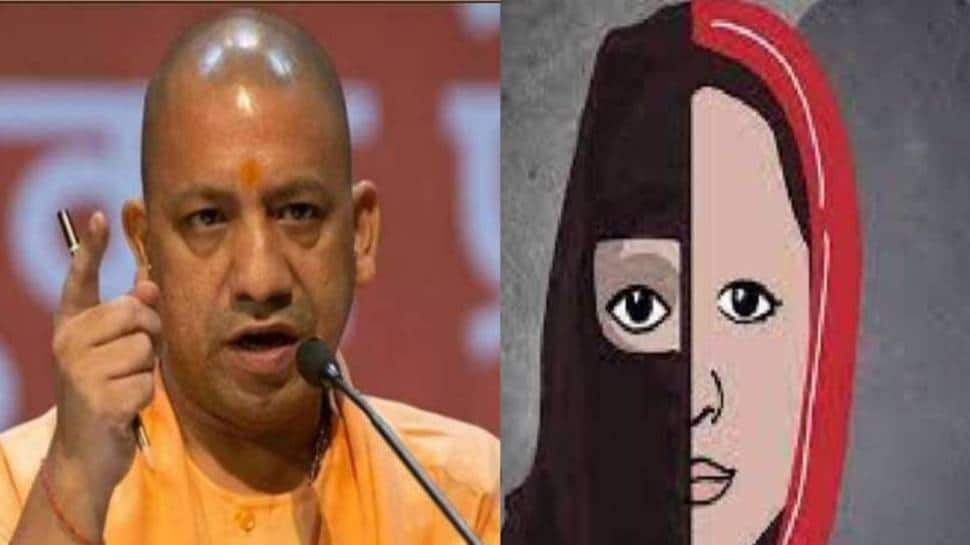Chief Minister Yogi Adityanath-led Uttar Pradesh government passed a Prohibition of Unlawful Conversion of Religion Ordinance, 2020, commonly referred to as the “Love Jihad Law,” was passed in November 2020. Here are the key details of the law:
– Objective: The law aims to prohibit unlawful religious conversions through fraudulent means, including conversions done for the purpose of marriage or through force, coercion, or undue influence.
– Definition of Unlawful Conversion: The law defines unlawful conversion as the conversion from one religion to another by misrepresentation, force, undue influence, coercion, allurement, or fraudulent means. It specifically targets conversions that are done solely for the purpose of marriage.
– Permission Requirement: Under the law, any person wishing to convert their religion for the purpose of marriage must give a declaration to the District Magistrate at least 60 days in advance. The District Magistrate will then conduct an inquiry to ensure that the conversion is voluntary and not under any undue influence or coercion.
– Punishment and Penalties: Violation of the law can lead to imprisonment of up to 10 years and a fine of up to INR 50,000. The punishment may be more severe if the conversion involves a minor, a woman from a Scheduled Caste or Scheduled Tribe, or if it is a mass conversion.
– Burden of Proof: The burden of proof lies on the person accused of the unlawful conversion. They must prove that the conversion was not done through force, coercion, or fraudulent means.
– Controversy and Criticism: The Love Jihad Law has been highly controversial, with critics arguing that it infringes upon individual rights, including the freedom to choose one’s partner and religion. There are concerns that the law may disproportionately target interfaith relationships and perpetuate social divisions.




